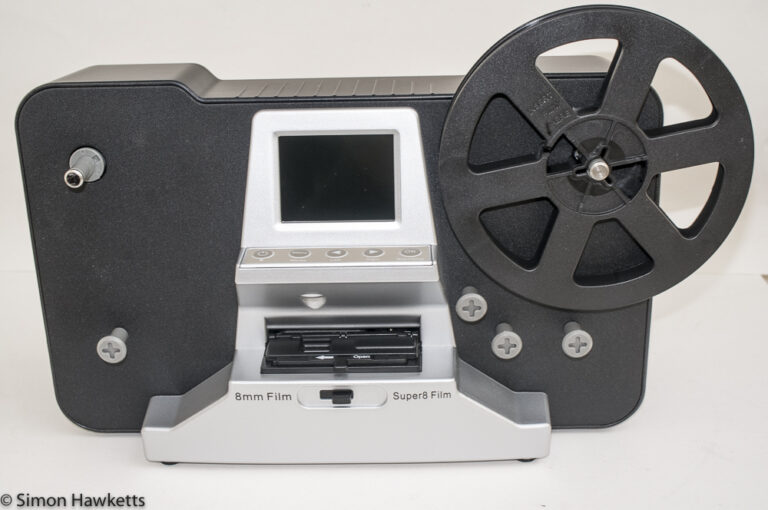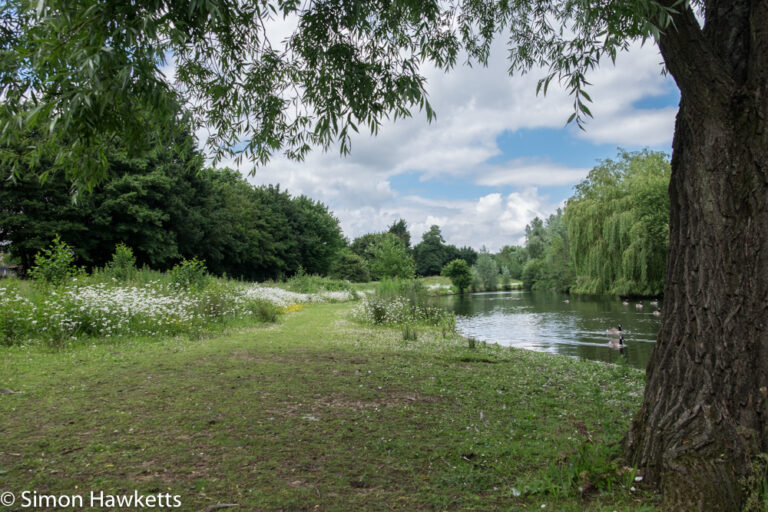Some advice for eBay sellers
Ebay is both a blessing and a curse for us camera collectors. It’s a blessing because lots of old cameras which would otherwise be thrown out are made available to an audience of eager collectors, but it’s a curse because it means it’s almost impossible to find a real bargain any more. Everyone who clears the attic of a relative or friend and finds an old camera can look up the price on ebay and suddenly see pound signs floating around their head (especially if they go by the ‘buy it now’ price)!
I’ve bought a lot of cameras from ebay over the last few years. Some have been bad, some good and some have been perfect, but it’s always a bit of a gamble as to the quality of the camera you are going to eventually unwrap if you win the auction.
So I thought it might be useful to give my insights and offer advice to ebay sellers as to what they should do if they want to impress a camera collector enough to get them to buy from them again.
- When you take a picture of a camera to sell please try to get it in focus and without camera shake. Your target audience will generally be photographers and they certainly won’t appreciate pictures of a black or chrome fuzz. Even phone cameras generally have a flash but if the camera you are using doesn’t have a flash then wait for daylight hours and take pictures then.
- Again when taking pictures try to take a few different angles so it shows all the different views of your camera. This is particularly useful to show that there isn’t hidden damage. I’ve seen countless ebay sales where there are 2 or 3 pictures taken from the same viewpoint which is adding nothing to the sale.
- Be realistic about postage costs. I’ve seen camera bodies on sale with post at £12 when it only costs about £3 to actually post an item. I know that this is a way of covering the item being sold at a low price, but it discourages people from bidding so you end up selling at a lower price anyway. (The best example of this I saw was a description which said there was a minimum postage of £35 to cover the cost of the camera being sold below it’s market value – this would be reduced at the price went above £50. Perhaps the seller should have looked at the definition of market value!)
- Be realistic about the real value of your camera. It’s fine to start your Zenit E at £89 or make it £199 ‘buy it now’ but don’t be surprised if it doesn’t sell. Do a search for the same camera/lens and turn on the options to show the actual price achieved to find out what it will probably make.
- If the camera is damaged in anyway be honest and say so. It may not actually make a lot of difference to the value of your camera because it may be a common fault that a collector will know how to fix or it may be cosmetic damage and a collector has another example of the same camera which doesn’t work but is cosmetically fine. Either way it’s better to be honest than just have to have the camera back and pay the postage costs to receive it.
- Try to do a bit of research to find out how the camera you are selling works so you can try it out. I’ve bought lots of cameras described as ‘fully functional’ where all the seller has done is ‘wind and click’. The problems I’ve had include lens not stopping down and shutters only working at one speed. Also if you describe a camera as working at least put some batteries in and make sure it does work – I’ve received several cameras described as working only to find they are completely dead. For some useful advice on testing old cameras look at this post.
- Don’t sell it as ‘untested’ if you mean ‘faulty’
- If the camera still has film in it, say so. This is a big plus for me and many camera collectors because there is a real excitement in having old films found in cameras developed.
- A point related to the above – check if the camera has film in before you open it up and take pictures. I’ve seen several pictures on eBay recently of open cameras loaded with film.
- Realise that the feedback system is there to allow people to comment/rate the performance level of the ebay buyers and sellers and the best way to get a good rating is to provide a good service. I hate ads which say ‘Only 5 star feedback’ and it immediately gets me thinking that the seller is a bit ‘dodgy’.
One piece of advice for camera buyers – if you are not sure if the camera you have your eye on is up to scratch I would suggest messaging the buyer with specific questions. I’ve done that on several occasions and it’s a good strategy for sorting good sellers from bad. If you get answers to your questions you can bid with a bit more confidence – if you don’t get a reply then you can deduce the seller is probably one you would be better off not dealing with.


